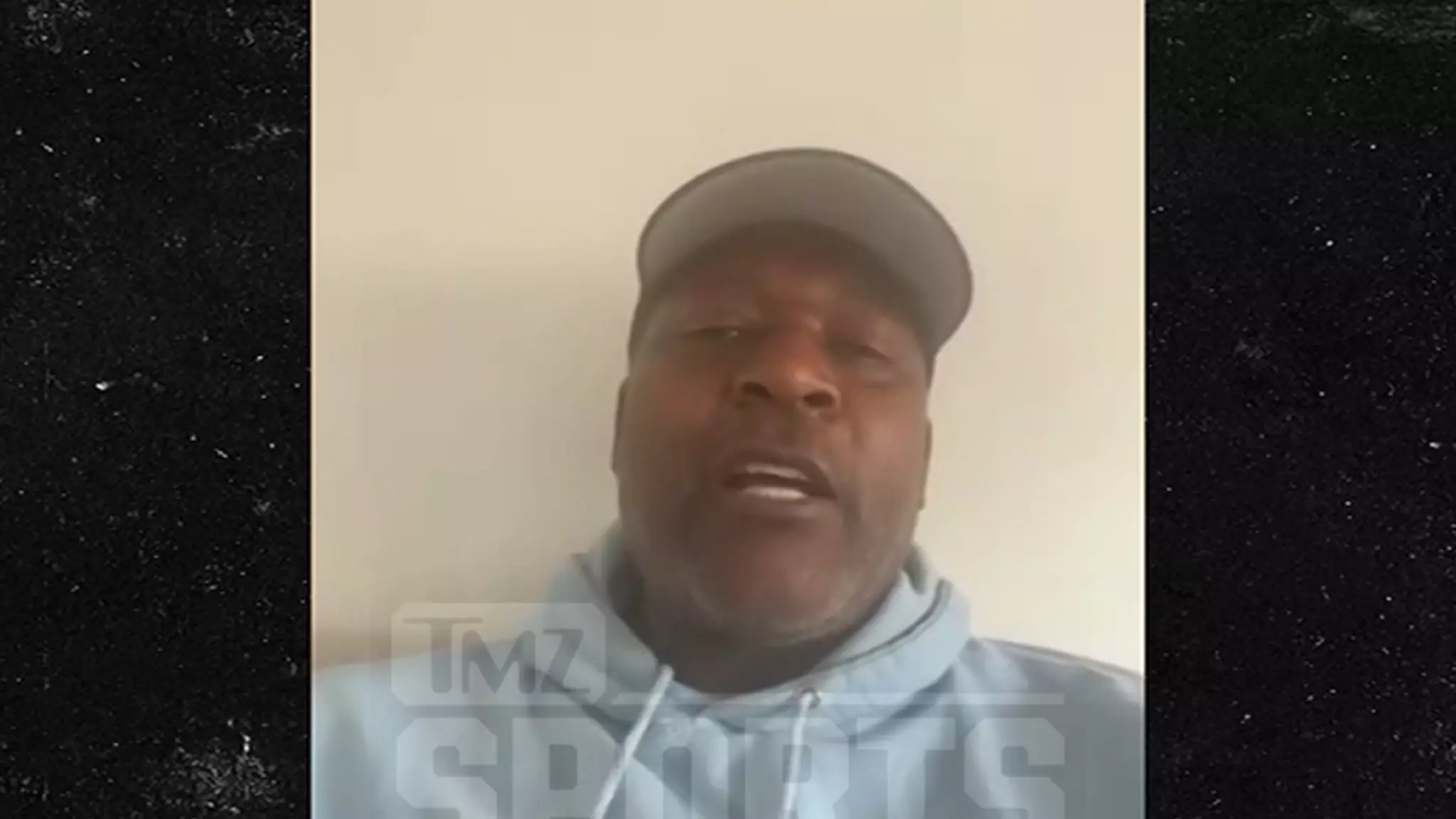In the whirlwind world of college basketball, being heralded as a top draft pick can place a tremendous amount of pressure on a young athlete. Such is the case for Cooper Flagg, whose immense talent has positioned him as the favorite to be the top selection in the NBA draft. The question looms: should he seize the opportunity to join the professional ranks, or would another year at Duke University better serve his long-term career? Larry Johnson, a College Basketball Hall of Famer, offers a perspective that encourages a more nuanced approach toward this pivotal decision.
The Value of Experience Over Immediate Gains
Johnson emphasizes the potential benefits of Flagg staying an additional year. He argues that another season in the Atlantic Coast Conference (ACC) could equip Flagg with essential skills and experience that might diminish in the fast-paced environment of professional basketball. Johnson’s own experience of opting for an extra year at UNLV before entering the NBA illustrates that the journey through college can refine an athlete’s game and instill crucial lessons that help mold their professional identity.
The allure of financial gain is undeniable for any young athlete. Flagg, aware of the lucrative contracts awaiting him in the NBA, faces a considerable emotional and financial dilemma. But the true value lies not just in the immediate paycheck. Immediate entry into the NBA may offer a platform, but it may come at the cost of foundational growth that can shape a more successful and sustainable career.
Cultural Significance of Remaining in College
Furthermore, choosing to stay for an additional year could foster a deeper connection with the Duke community while providing an opportunity to tackle tougher competition. College basketball often serves as a crucible for players, creating not only athletes but also leaders and decision-makers. Remaining at Duke could amplify Flagg’s visibility, create lasting connections, and strengthen his identity not just as a player but as an individual prepared to take on the challenges of the professional landscape.
Additionally, developing a mature understanding of the game through another season could ease the transition to the NBA. Players like Johnson, who have experienced both collegiate and professional basketball’s dynamic environments, argue that the lessons learned from coaching staff, teammates, and intense competition are invaluable.
A Future Shaped by Choices
As the clock ticks towards the draft, time is something that weighs heavily for Flagg. While the prospect of being the number one pick invites excitement, the implications of that choice linger. The long-term trajectory of one’s career should take precedence over the early allure of success.
Ultimately, it is not solely about how fast one can reach the pinnacle of their sport; it’s about how one can sustain that greatness once achieved. Flagg stands at a crossroads, and while the path to NBA success beckons, the journey through college may just be the key to unlocking his most profound potential. Gen-z athletes wield the power of choice like never before; it’s a pivotal moment for Flagg, and each option bears its own weight in shaping his future.

